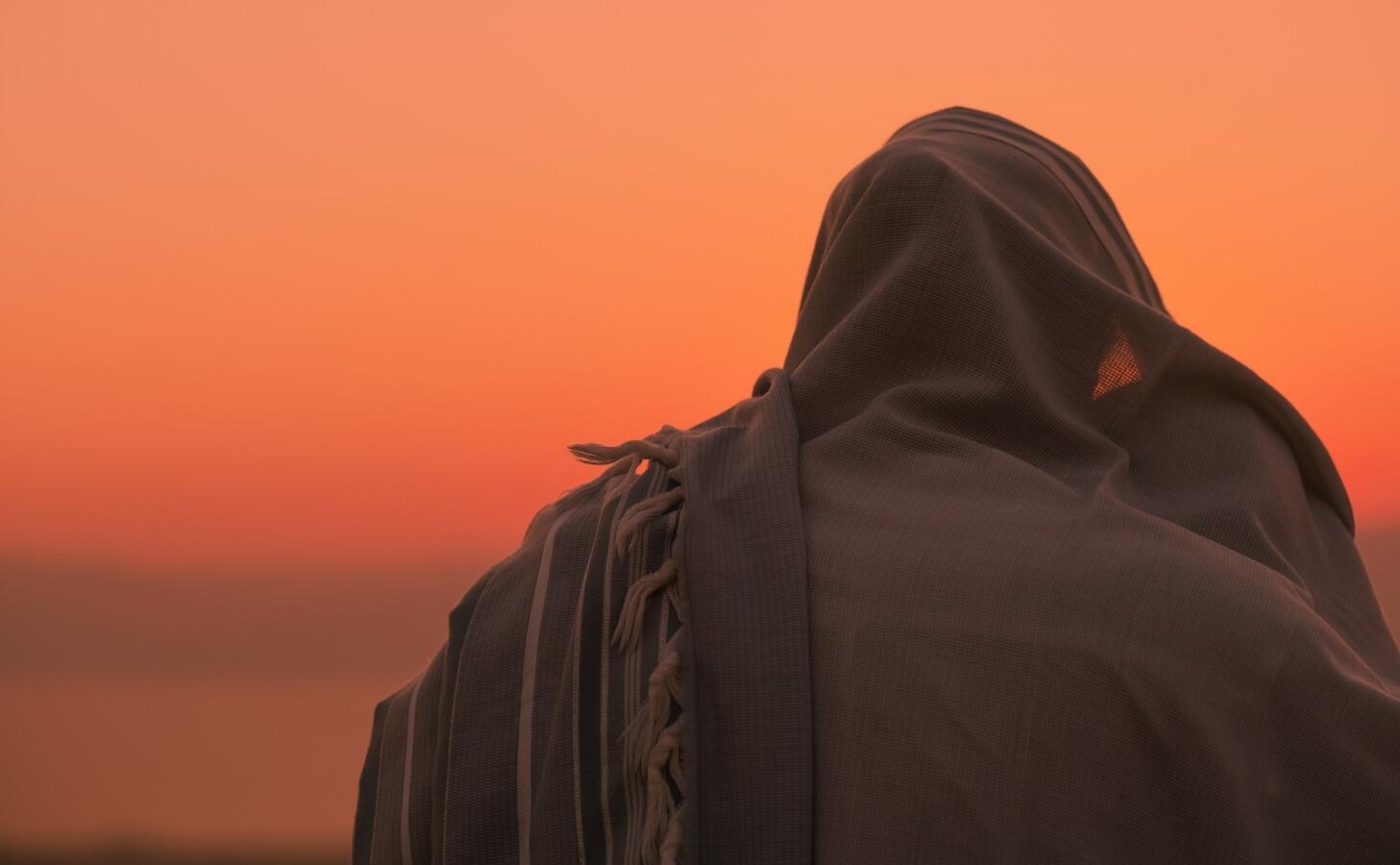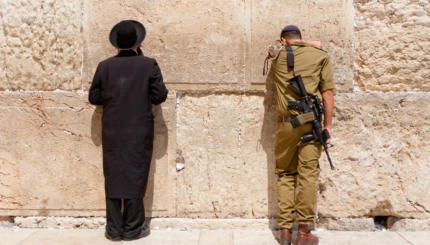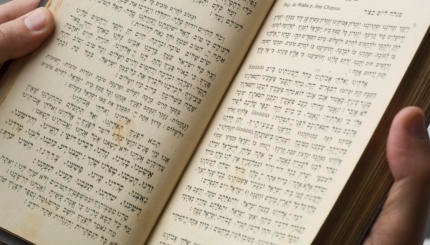Kavanah is the Hebrew word for direction, intention, or purpose. In its simplest meaning, it refers to concentrating the mind in the performance of a religious act, ensuring that it doesn’t devolve into rote, mechanical action. It is most commonly associated with concentration and intention in Jewish prayer, but the concept of kavanah applies to all mitzvot.
Jewish authorities generally consider that proper kavanah is essential to the performance of mitzvot. The Mishnah rules that if someone happens to be passing by a synagogue at the time that the shofar was blown on Rosh Hashanah, they do not fulfill the mitzvah of shofar because they heard it only incidentally, not purposefully. Similarly, the medieval code of the Jewish law the Shulchan Aruch, while noting that some authorities contend that proper intention is not required for the performance of mitzvot, asserts that this view is incorrect and that proper intention is indeed required.
Abraham Joshua Heschel, in his classic work God in Search of Man, explains that performing a mitzvah without proper kavanah is inadequate because while it might have a positive effect on the world, it leaves the doer of the mitzvah unaffected. The purpose of Jewish practice, he writes, is transformation of the soul.
“A moral deed unwittingly done may be relevant to the world because of the aid it renders unto others. Yet a deed without devotion, for all its effects on the lives of others, will leave the life of the doer unaffected. The true goal for man is to be what he does.”
With your help, My Jewish Learning can provide endless opportunities for learning, connection and discovery.
While kavanah is considered an essential part of all Jewish religious activity, much of the discussion of kavanah concerns prayer. A famous saying of the 11th century philosopher Bahya Ibn Pakudah is often quoted in this regard: “Prayer without kavanah is like a body without a soul.”
In the Mishneh Torah, Maimonides includes kavanah as one of five essential elements of proper prayer (the others are clean hands, a covered body, a clean space and the removal of distractions). Maimonides writes that if a person finds they are distracted or confused, they must first regain their composure before praying. If they are tired from a journey, they should not recite prayers until the mind is calm. Kavanah requires both freedom from extraneous thoughts and distractions and the cognizance that a person is standing before the divine presence. Maimonides advises that one sit for a while before beginning prayers, approvingly citing the practice of the pious to meditate for an hour both before and after praying.
Jewish mystics, who devoted much energy to the goal of transforming and directing human consciousness, naturally had much to say about kavanah, expanding it from the general idea of concentration and intent to specific meditations — kavannot, in plural — on the various manifestations of divine energy or the esoteric meanings of particular prayers. Kavanah is intended not merely to ensure mitzvot are performed with proper intention, but to elevate consciousness itself and achieve connection, or d’vekut, with God and the unity of the divine essence.
mitzvah
Pronounced: MITZ-vuh or meetz-VAH, Origin: Hebrew, commandment, also used to mean good deed.
Rosh Hashanah
Pronounced: roshe hah-SHAH-nah, also roshe ha-shah-NAH, Origin: Hebrew, the Jewish new year.
Shema
Pronounced: shuh-MAH or SHMAH, Alternate Spellings: Sh'ma, Shma, Origin: Hebrew, the central prayer of Judaism, proclaiming God is one.
shofar
Pronounced: sho-FAR or SHO-far, Origin: Hebrew, a ram’s horn that is sounded during the month of Elul, on Rosh Hashanah, and on Yom Kippur. It is mentioned numerous times in the Bible, in reference to its ceremonial use in the Temple and to its function as a signal-horn of war.



